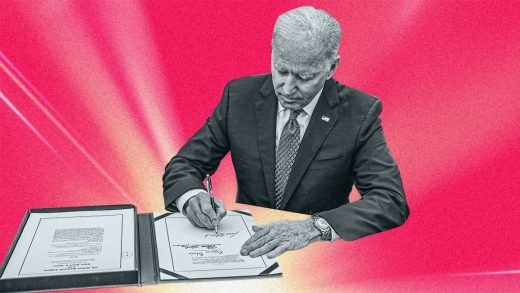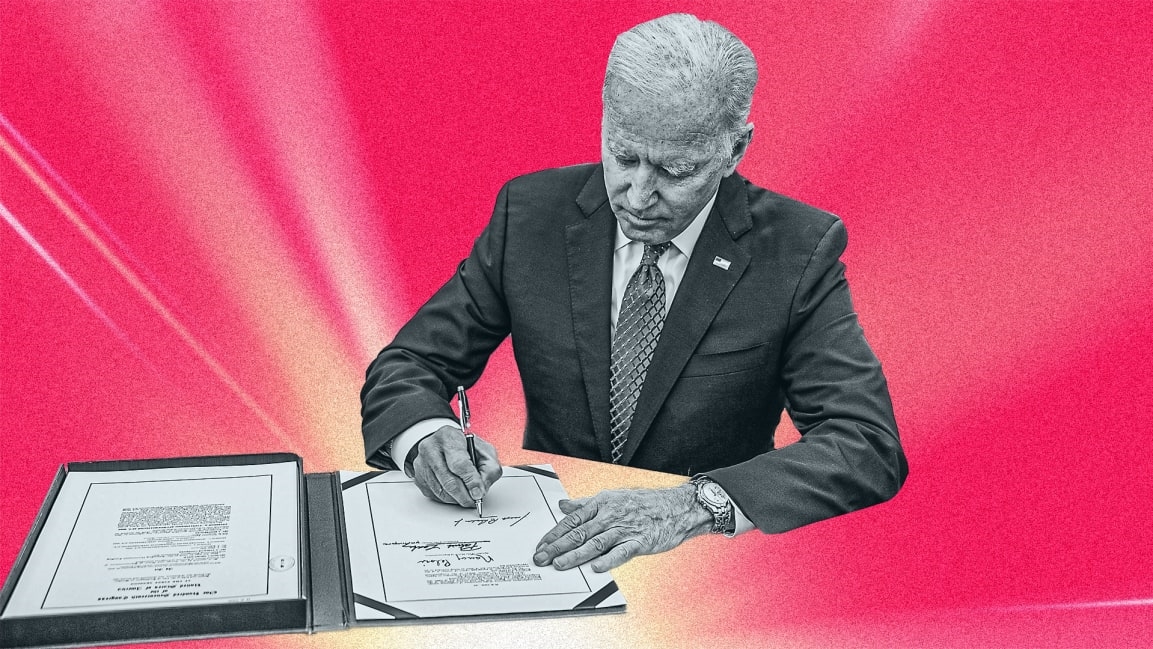Biden’s defense bill includes $30 million to support ‘Havana syndrome’ victims
This week, President Joe Biden signed into law the National Defense Authorization Act, his $768 billion defense spending bill. Buried inside is a provision that allocates some $30 million to treat “Havana syndrome.” Whether you read mainstream news stories (or online conspiracy theories), you’ve likely seen mentions of this mysterious illness popping up more and more frequently.
What is it?
That is the $64,000 question to which even the federal government would like an answer. A seemingly increasing number of U.S. intelligence officials and diplomats argue it’s a sonic weapon of some kind that they believe is causing headaches, nausea, and other debilitating neurological symptoms to diplomats, CIA officials, and other federal employees.
It’s called Havana Syndrome because the first cases were reported in 2016 by U.S. diplomats in Cuba. They started experiencing mysterious neurological symptoms mimicking what happens after a concussion, but had suffered no head injury. Since then, newer cases have been reported by U.S. military personnel based everywhere from Washington, D.C., to Moscow, Taiwan, Colombia, Uzbekistan, Austria, and China.
In 2019, JAMA published a paper that studied the neuroimaging of 40 diplomats who claimed they’d been exposed in Cuba. Their images showed “significant brain neuroimaging differences,” but the authors declared the explanation was “uncertain and may require further study.” Last December, another group of experts at the National Academies wrote that “directed pulsed radio-frequency energy” (basically an electric weapon) was “the most plausible” explanation, and it sort of stuck.
Naysayers, meanwhile, argue the explanation could be exposure to pesticides, just crickets making noises, or simple mass hysteria. Proponents of the latter cause argue that though the syndrome itself may not be real, the symptoms are. One doctor has likened it to how after phones were invented, a wave of telephone operators suddenly developed “acoustic shock” that they attributed to sitting so close to the switchboards.
Who’s behind it?
Some U.S. officials are convinced Russian military intelligence is the cause, even though the evidence doesn’t yet point to one particular perpetrator, and scientists can’t seem to find proof that there has been an actual attack. Just this past November, CIA Director William Burns met with Russian intelligence officials in Moscow and reportedly warned them that if America discovers Russia is responsible, there will be “consequences.”
What will this $30 million do?
Perhaps strategically, the defense-spending bill avoided using the words Havana syndrome anywhere, instead opting for “anomalous health incidents,” or AHIs. (The government loves euphemisms—think UFOs.) Still, the bill authorizes the president to appoint a senior official who will get to lead a whole-of-government effort to learn more about these AHIs. It also creates a Department of Defense cross-functional team to coordinate the Pentagon’s response. This team is also tasked with addressing the potential “national security challenges” posed by the phenomenon, and ensuring officials who say they’ve been affected by the incidents receive adequate medical care.
(46)



